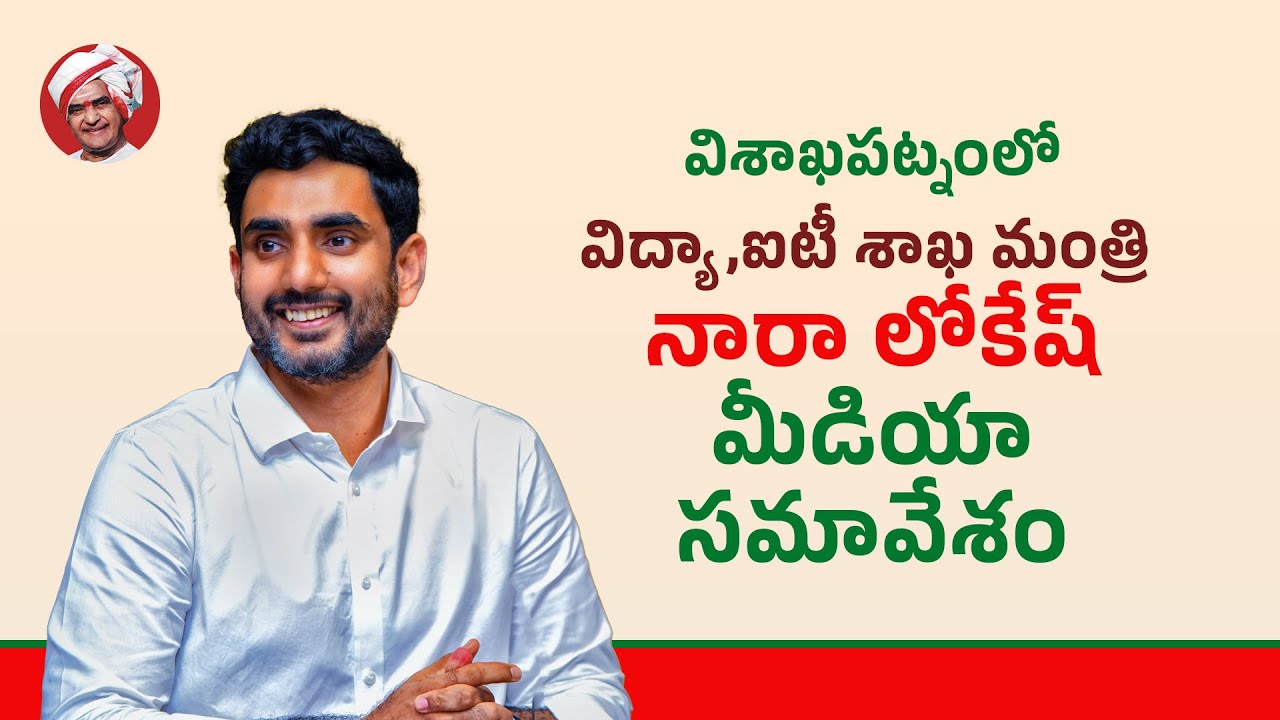How to disagree productively and find common ground | Julia Dhar
Summary
TLDRIn a time of broken public discourse, the speaker advocates for productive disagreement through structured debate. Drawing from personal experience, they emphasize the importance of finding common ground, separating ideas from identity, and being open to persuasion. By embracing humility and the possibility of being wrong, individuals can engage in more constructive conversations. The speaker encourages incorporating debate into daily life, whether in team meetings or public policy, to foster understanding and innovation. The speech ends with a powerful example of Mister Rogers using debate to persuade a tough politician, illustrating the transformative potential of respectful disagreement.
Takeaways
- 😀 Public discourse is broken, and people often leave online discussions feeling angry and alienated.
- 😀 The fear of conflict in everyday life leads people to avoid engagement, resulting in contempt replacing conversation.
- 😀 The speaker's mission is to help people disagree productively by finding structured, respectful ways to debate and persuade.
- 😀 Debate can be a way to organize conversations, uncovering truth and new ideas while being open to persuasion.
- 😀 Effective debaters start by finding common ground, even if it's narrow, to foster a shared reality and bridge ideological gaps.
- 😀 Shared reality is the antidote to alternative facts, providing a platform to engage in meaningful debate.
- 😀 Listening to someone's voice in a controversial debate makes them more human and facilitates productive engagement.
- 😀 Debates should focus on ideas, not identities, separating the person from the argument to foster clearer, more objective discussion.
- 😀 Structuring debates in professional environments, like meetings and conferences, could encourage creative problem-solving and innovation.
- 😀 Embracing the humility of uncertainty helps individuals recognize the possibility of being wrong, which is key to better decision-making.
- 😀 By practicing intellectual humility, people become more open to new ideas, objective in evaluating evidence, and less defensive during discussions.
Q & A
What is the primary issue with public discourse today, according to the speaker?
-The primary issue is that public discourse is broken. People often can't agree on anything, and this is reflected in TV debates, online discussions, and everyday conversations, where anger and alienation replace constructive dialogue.
How does the speaker define 'productive disagreement'?
-Productive disagreement is about engaging in debates that are respectful, where people separate ideas from identities and are genuinely open to being persuaded or changing their viewpoints.
Why does the speaker believe that contempt has replaced conversation?
-The speaker believes contempt has replaced conversation because people are afraid of engaging in debates, fearing that it will lead to conflict. This fear results in avoidance, and when debates do happen, they often devolve into personal attacks instead of discussions about ideas.
What role did debate play in the speaker's personal development?
-Debate played a significant role in the speaker’s development by channeling their love for argumentation into a structured, skillful approach. Through debate, the speaker learned the importance of engaging with ideas respectfully and found a model for constructive disagreement.
What mistake did the speaker make in their first debate experience?
-In their first debate, the speaker focused more on attacking the person making the argument rather than addressing the substance of the ideas themselves, which is one of the worst mistakes seen in public discourse.
What is the most important lesson the speaker learned from their years of experience in debate?
-The most important lesson the speaker learned is that successful debaters find common ground first, no matter how narrow, and then build from that foundation, rather than focusing on differences or extremes.
What is meant by 'shared reality' in the context of debate?
-'Shared reality' refers to the common ground or mutual understanding that debaters establish to engage with each other’s ideas. It's a foundation of agreed-upon truths that allows for productive disagreement, even on controversial topics.
How does listening to someone's voice during a debate affect our perception of them?
-Research suggests that listening to someone’s voice when they present a controversial argument humanizes them, making it easier to engage with their ideas, as opposed to dismissing them based on preconceived notions.
What does the speaker propose as a solution to the issues in public discourse?
-The speaker proposes bringing structured debate into various settings, such as conferences, meetings, and public forums. This would allow for the respectful exchange of ideas, focusing on substance rather than identity, and encouraging more productive conversations.
Why does the speaker emphasize the need for intellectual humility in debates?
-Intellectual humility is important because it allows individuals to remain open to new information and be willing to change their views when confronted with compelling evidence. This approach makes people better decision-makers and less defensive when engaging with differing opinions.
Outlines

This section is available to paid users only. Please upgrade to access this part.
Upgrade NowMindmap

This section is available to paid users only. Please upgrade to access this part.
Upgrade NowKeywords

This section is available to paid users only. Please upgrade to access this part.
Upgrade NowHighlights

This section is available to paid users only. Please upgrade to access this part.
Upgrade NowTranscripts

This section is available to paid users only. Please upgrade to access this part.
Upgrade NowBrowse More Related Video

Fernando Vallespín y Aurora Nacarino-Brabo — Diálogos sobre ética, política y virtud pública

Say It Right: Expression Of Disagreement | With Ms. Rindi | Part 2

Habermas: The Structural Transformation of the Public Sphere

విశాఖపట్నంలో విద్య, ఐటి శాఖల మంత్రి నారా లోకేష్ మీడియా సమావేశం.

Federico / SpiritGuide Music Collaboration with original video

A Comedian’s Take on How to Save Democracy | Jordan Klepper | TED
5.0 / 5 (0 votes)